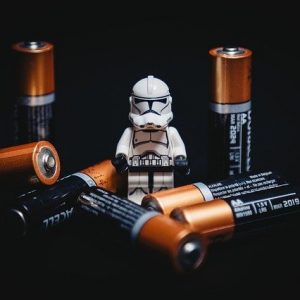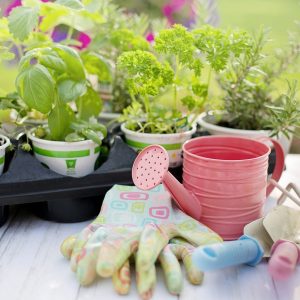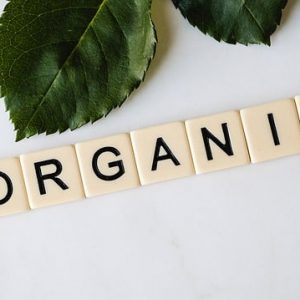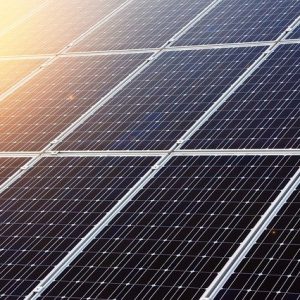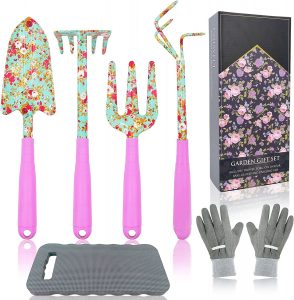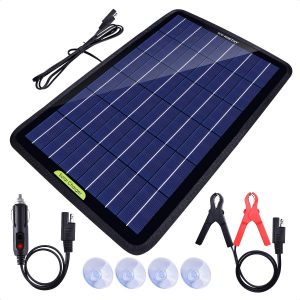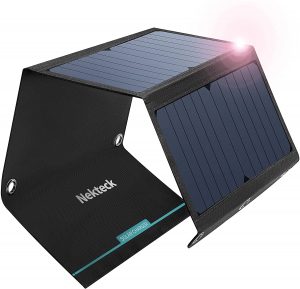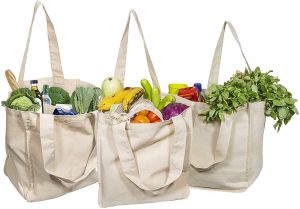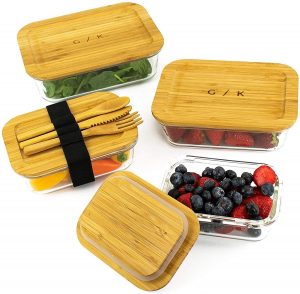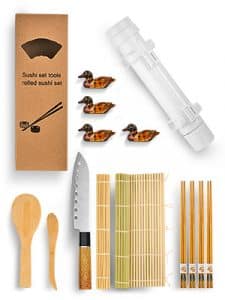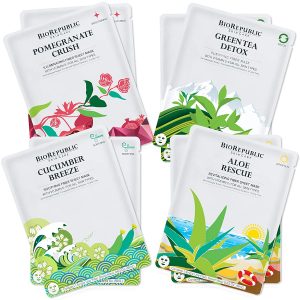Eco-friendly cleaning products, or biodegradable cleaning products, as they are often times labelled are special cleaning products that will not...
Read MoreBiodegradable
Find out everything you need to know about biodegradable products, what is the difference between biodegradable and compostable, and more.
Renewable Energy
If you are looking to learn the importance of renewable energy today and what are the most important sources of renewable energy than step inside to learn more.
Everything You Need To Know About Battery Reconditioning
Among the many environmentally-friendly activities that you could embrace to show your love for the planet and your interest to...
Read MoreThe Best Gardening Tools Every Gardener Should Have
If you are just starting a garden and you are in the market for the most suitable gardening tools, you...
Read MoreOrganic Products – What Are They, Why Should You Buy Them
Organic products are the safest choice for consumers and the planet alike, and while manufacturers or farmers might find it...
Read MoreFantastic Backyard Gardening Ideas You Must Try
A beautiful garden does not only have to look fresh and alive and grow tasty fruits, veggies, plants, and gorgeous...
Read MoreThe Best Portable Solar Energy Systems
We have searched for some of the most reliable and efficient solar generators that you should consider buying, and we...
Read MoreFeatured Products
You can find the most recommended products for making our life as eco-friendly as possible.
FAQ
Most frequent questions and answers
On the one hand, while Green and Eco-friendly have somewhat similar definitions, Green is generally used to describe virtually everything that benefits the environment, from business practices to architecture and products. Eco-friendly or Environmentally Friendly, though, is not so large and means something that does not affect the world.
Literally, eco-friendly means earth-friendly or not harmful to the environment. Most often, this term refers to items that contribute to green living or activities that help conserve resources such as water and electricity. Contributions to air, water, and land emissions are also avoided by environmentally friendly goods. By becoming more aware of how you use resources, you can partake in eco-friendly habits or practices.
Avoid buying things from the least eco-friendly grocery store and you’re going to be off to a great start. Here are a few examples of products that are not eco-friendly:
- Plastic shopping bags
- Animal products
- Baby food pouches
- Bottled water
- Coffee pods
- disposable Coffee cups
- disposable plates
- farmed salmon.
Items that have limited synthetic or chemical processing and are similar to naturally produced plant or animal extracts are natural products. Although organic products are strictly regulated and require strict compliance with the requirements set by the certification authorities, there is a lack of regulation for natural products. They are safer than traditional goods, however.
Environmentally friendly goods are costly for the following reasons:
- Labor intensive manufacturing methods
- Production on a small scale
- Time consuming
- High cost of Certification
However in terms of wellbeing and healthy living, the benefits outweigh the costs. The cost is expected to decrease in the coming years as more consumers turn to eco-friendly products.
Products that do little harm to the earth are environmentally friendly products. These are goods that help to conserve resources like energy and water. Products that are environmentally friendly should not pollute the air or water of the earth.


